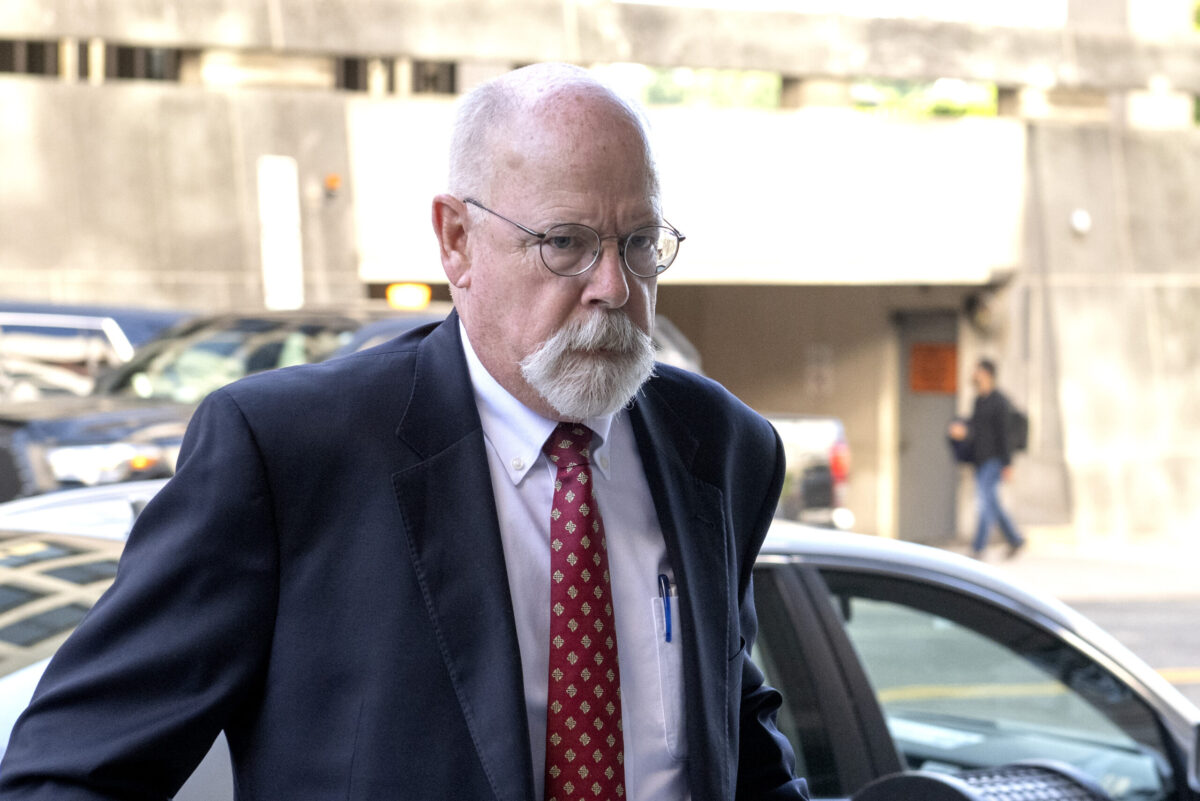CNN —
Internal Twitter communications released by the company’s new owner and CEO, Elon Musk, are fueling intense scrutiny of the FBI’s efforts alongside social media companies to thwart foreign disinformation in the run-up to the 2020 election.
At the heart of the controversy is Twitter’s decision in October 2020 to block users from sharing a New York Post story containing material from a laptop belonging to Hunter Biden. Conservative critics have accused Twitter of suppressing the story at the behest of the FBI, something they claim the released communications, dubbed the “Twitter Files,” demonstrate.
Musk himself has alleged the communications show government censorship, suggesting Twitter acted “under orders from the government” when it suppressed the Hunter Biden laptop story.
But so far, none of the released messages explicitly show the FBI telling Twitter to suppress the story. In fact, the opposite view emerges from sworn testimony by an FBI agent at the center of the controversy. And in interviews with CNN, half a dozen tech executives and senior staff, along with multiple federal officials familiar with the matter, all deny any such directive was given.
“We would never go to a company to say you need to squelch this story,” said one former FBI official who helped oversee the government’s cooperation with companies including Twitter, Google and Facebook.
Musk and his conservative allies have insinuated the released messages provide evidence of illicit behavior by the FBI, suggesting the exchange of secret files pertaining to Hunter Biden, and improper payments made to Twitter. But CNN’s interviews with people directly involved with the interactions and with those who have reviewed the documents disprove those claims.
Matt Taibbi, one of the journalists Musk tapped this month to comb through Twitter internal messages for evidence of free speech violations, said himself on December 2 that “there is no evidence – that I’ve seen – of any government involvement in the laptop story.”
What is clear, however, is that following Russia’s meddling campaign in 2016, plus after years of interactions with federal agents about how to spot foreign disinformation efforts, Twitter executives were hyper suspicious of anything that looked like foreign influence and were primed to act, even without direction from the government.
By the time the New York Post published its laptop story on October 14, 2020, Yoel Roth, Twitter’s then head of site integrity, had spent two years meeting with the FBI and other government officials. He was prepared for some kind of hack and leak operation.
“There were lots of reasons why the entire industry was on alert,” Roth said at a conference in November, not long after he resigned from Twitter. Roth insists he was not in favor of blocking the story and thought the company’s decision was a mistake.
As the released communications show, Twitter initially acted to suppress the story for a few days in part out of concerns that Hunter Biden, the son of the then-Democratic presidential candidate, was being targeted as part of a foreign election interference operation similar to the one Russia carried out in 2016.
What Twitter did not know at the time was that Hunter Biden was the subject of a federal criminal investigation. Since as early as 2018, the Justice Department has been investigating Hunter Biden for his business activities in foreign countries. In late 2019, nearly a year before the story first emerged in the New York Post, the FBI had used a subpoena to obtain a laptop that Biden allegedly left behind at a Delaware computer repair store.
According to sources at the FBI and at Twitter who spoke to CNN, none of that information was disclosed to Twitter executives trying to decide how to treat the laptop story, nor to anyone else for that matter.
“It was an ongoing investigation, so I would never approve of talking about it,” said the former FBI official.
GOP scrutiny
While the released Twitter messages have yet to reveal a smoking gun showing the government ordered a social media company to suppress a story, Republicans on Capitol Hill say there are enough questions raised by the internal communications to merit calling tech executives to testify.
Scrutiny is building around the role of Twitter’s recently-fired deputy general counsel James Baker, a former top FBI official who joined Twitter in the summer of 2020. The released documents show Baker was in regular contact with his former colleagues at the FBI, giving rise to rampant accusations from conservatives that he was the conduit for the government to pressure Twitter.
In some of the material released by Twitter, an email shows Baker setting up a meeting – in the midst of Twitter’s internal deliberations about how to handle the New York Post story – with Matthew Perry, an attorney in the FBI’s Office of General Counsel. It is not clear what the two discussed.
The FBI declined to discuss any communications Baker had with FBI officials once he arrived at Twitter.
Baker is among a number of former Twitter executives called to testify this month by Republican Rep. James Comer, the incoming chair of the House Oversight Committee. Baker declined to comment for this story.



